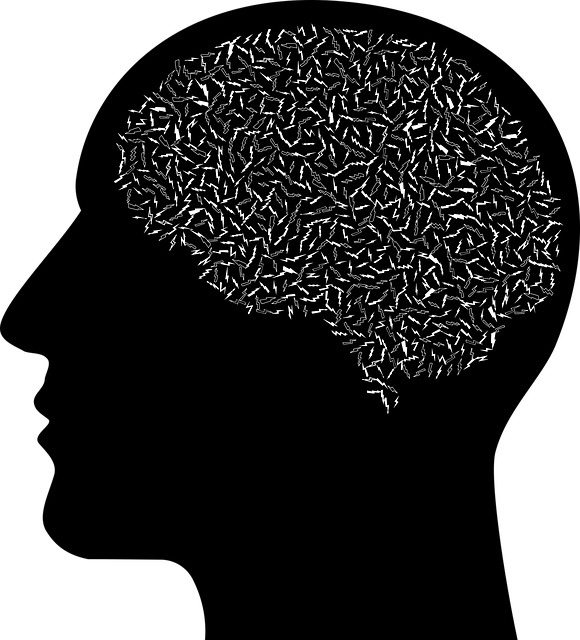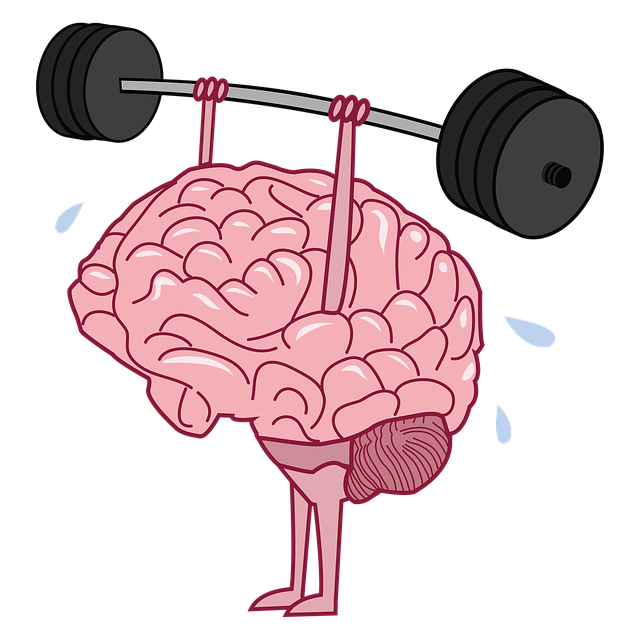Lakewood Anxiety Therapy's Recovery, Resilience, and Strength (RFM) Model is a powerful tool for healthcare providers in high-stress environments, helping to prevent burnout and improve patient care. By integrating mindfulness meditation, adaptability, and reframing challenges, RFM boosts emotional regulation, fosters healthier communication, and maintains work-life balance, addressing the growing mental health support needs within healthcare communities.
“Uncover the power of RFM (Resilience, Flexibility, and Mastery) in fostering mental resilience with our comprehensive guide. In today’s challenging world, building resilience is paramount for overall well-being. We explore how RFM, coupled with evidence-based practices like Lakewood Anxiety Therapy, can transform your approach to stress management. Discover practical exercises and strategies to integrate into your daily life, ensuring long-lasting mental fortitude and adaptability. Enhance your resilience journey with our expert insights.”
- Understanding RFM and Its Role in Resilience Building
- Exercises to Enhance Resilience through Lakewood Anxiety Therapy
- Incorporating RFM into Daily Routines for Long-Lasting Mental Fortitude
Understanding RFM and Its Role in Resilience Building

Resilience is a key component to overcoming challenges and maintaining mental health, especially in high-stress environments like healthcare settings. RFM, or Recovery, Resilience, and Strength Model, is a framework designed to help individuals develop emotional regulation and coping skills, making it a valuable tool for Lakewood Anxiety Therapy. This model focuses on building resilience by fostering an understanding of personal strengths, enhancing coping abilities, and promoting healthy ways of managing stress.
By utilizing RFM, healthcare providers can learn effective burnout prevention strategies. It equips them with the tools to navigate demanding situations, improve their emotional well-being, and ultimately provide better patient care. Incorporating resilience-building exercises into professional development programs can contribute to a more robust and adaptable workforce, addressing the growing need for mental health support within healthcare communities, including Lakewood Anxiety Therapy services.
Exercises to Enhance Resilience through Lakewood Anxiety Therapy

Resilience is a key aspect of mental well-being, especially for healthcare providers who often face high-stress situations daily. Lakewood Anxiety Therapy offers effective exercises to enhance resilience and combat burnout. These strategies focus on building emotional fortitude, enabling individuals to navigate challenging circumstances with greater ease.
One such exercise involves mindfulness meditation, which helps in managing anxiety and improving self-esteem. By practicing present-moment awareness, healthcare providers can reduce the impact of stressful events and develop healthier communication strategies. This is crucial for maintaining work-life balance and ensuring long-term resilience against burnout, a prevalent issue among medical professionals.
Incorporating RFM into Daily Routines for Long-Lasting Mental Fortitude

Incorporating RFM (Resilience, Flexibility, and Mindfulness) practices into daily routines is a powerful strategy to build long-lasting mental fortitude. At Lakewood Anxiety Therapy, we recognize that cultivating resilience isn’t just about overcoming challenging situations; it’s about developing skills to navigate life’s ups and downs with grace. By integrating RFM techniques, individuals can enhance their ability to manage stress, improve emotional regulation, and foster a sense of inner calm. This approach is especially beneficial for those seeking effective stress management workshops that go beyond traditional therapy.
Regular engagement in resilience-building exercises empowers individuals to approach life’s stressors with a calmer mindset. For instance, mindfulness practices teach individuals to stay present, observe thoughts without judgment, and cultivate a non-reactive stance. Similarly, flexibility training encourages adaptability and the ability to reframe challenges as opportunities for growth. The Stress Management Workshops Organization highlights the importance of such skills in today’s fast-paced world. Additionally, community outreach program implementations can further strengthen these concepts by fostering social connections and supportive networks, contributing to overall mental well-being.
Resilience is a fundamental aspect of mental well-being, enabling individuals to navigate life’s challenges with fortitude. By integrating RFM (Resourceful Fronting Method) and exercises derived from Lakewood Anxiety Therapy, one can cultivate lasting resilience. Incorporating these practices into daily routines empowers individuals to confront stress and anxiety head-on, fostering a sense of calm and control. With consistent application, RFM becomes an invaluable tool for enhancing mental toughness and promoting overall well-being.














